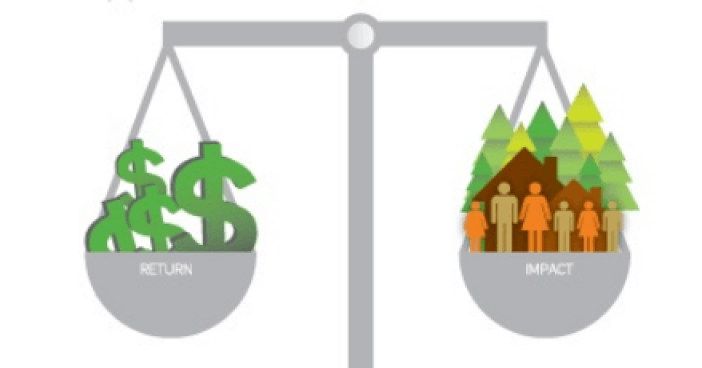Conventional wisdom dictates that the goal of businesses is to generate profit — and this goal may come into conflict with objectives such as environmental conservation and responsibly-sourced consumer goods. Impact investing dispels these beliefs by offering opportunities for stakeholders to invest — and, ultimately, profit from — social and environmental solutions.
Following are opportunities that can be realized from impact investing:
Complement Existing Philanthropic Budgets and Public Sector Resources
While philanthropic budgets and public sector resources address social and environmental challenges, funding sources are limited. Impact investing can augment existing philanthropic budgets and public sector resources. Since impact investing can satisfy a wide range of social and environmental objectives, it can also add a significant amount of private sector capital.
Ensure Business Continuity
Unsustainable practices can deplete the planet’s resources. Without raw materials that can be turned into goods and services, businesses can be crippled. Impact investing is a great way for companies to avoid this scenario. By investing in social and economic objectives, companies help create benefits such as resource conservation and a healthier workforce. These benefits, in turn, translate to greater profits and business continuity.
Attract Client Investors
The US Trust’s 2014 survey, Insights on Wealth and Worth, revealed that 67% of Millennials viewed their investment decisions as “[ways] to express [their] social, political or environmental values.” In addition, 73% of Millennials believed that “it is possible to realize market-rate returns investing in companies based on their social or environmental impact.” Based upon these findings, it would be fair to conclude that Millennials are a generation of investors committed to furthering the social good. In fact, millennials are putting these principles into practice. According to a 2013 Spectrem study, 47.42% and 35.76% of investors below 36 years old are familiar with socially responsible investing and impact investing, respectively.
Draw More Resources to an Organization’s Projects and Initiatives
Impact investing can help organizations become self-sufficient. Impact investing can enable organizations to carry out their projects and initiatives without having to rely on donations and state subsidies. A soup kitchen, for instance, can develop business plans that will generate both revenue and investment returns in exchange for a larger upfront donation. This scheme can carry the soup kitchen towards self-sufficiency and, at the same time, earn profits for the donors.
Strengthen Working Relationships between Stakeholders
Impact investing can strengthen working relationships between stakeholders, as well as build new ones. An organization that uses impact investing to augment its resources can meet like-minded innovators and entrepreneurs (both from for-profit and nonprofit sectors) that can provide them with much-needed facilities, products and services. This outcome, in turn, can convince grantees to invest in the organization as well.
FirstCarbon Solutions (FCS) helps organizations recognize business drivers for sustainability practices and offers cost-effective sustainability management solutions. To stay up-to-date on current global sustainability trends and best practices, subscribe to our monthly newsletter, GreenWatch.




